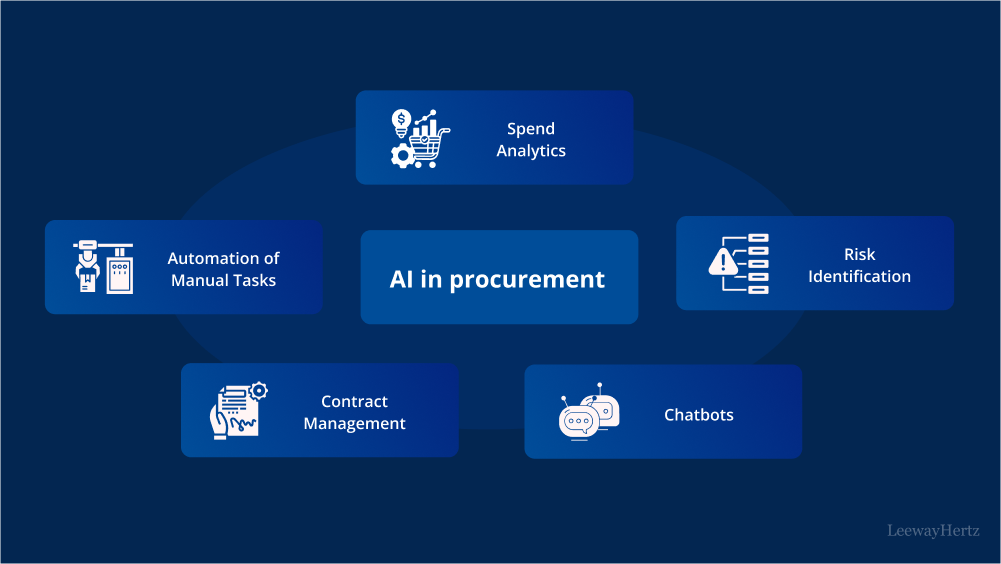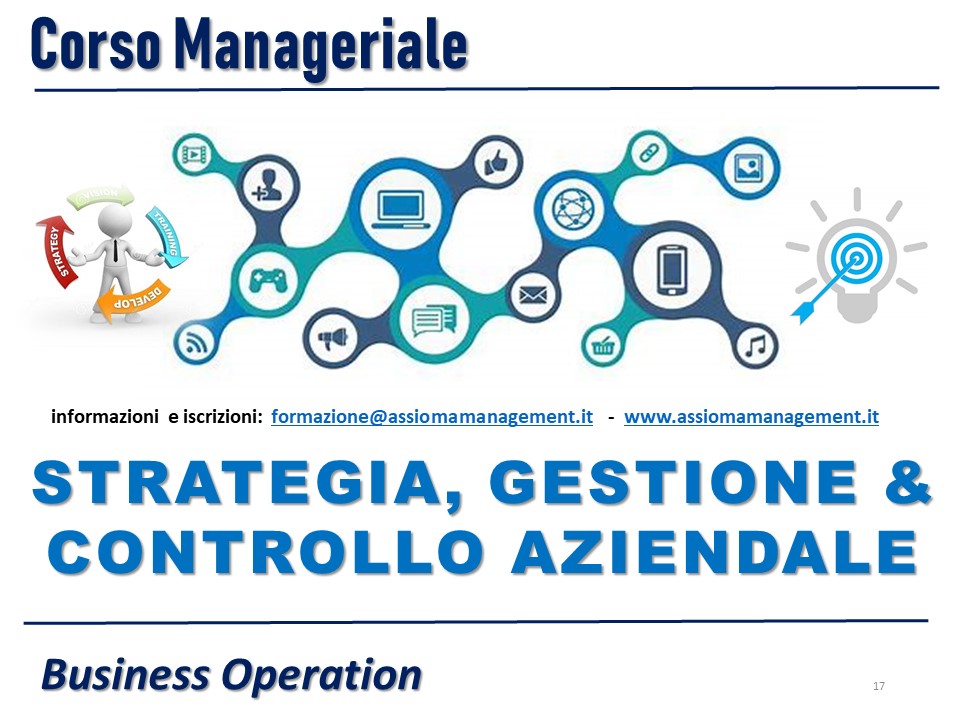The Most Valuable Tax Deductions for Small-Business Owners

Strong 8k brings an ultra-HD IPTV experience to your living room and your pocket.
Running a small business involves countless responsibilities—from managing daily operations and serving customers to handling finances. One of the most critical aspects of financial management is understanding and utilizing tax deductions. Tax deductions can significantly reduce your taxable income, allowing you to reinvest more money back into your business. For small-business owners, knowing which deductions are available can lead to substantial savings during tax season.
Below are some of the most valuable tax deductions small-business owners should know about.
1. Home Office Deduction
If you operate your business from home, you may qualify for the home office deduction. This applies whether you own or rent your home. The space must be used exclusively and regularly for business purposes. You can calculate this deduction using either the simplified method (a standard $5 per square foot, up to 300 square feet) or the regular method, which involves calculating the actual expenses related to your home office (utilities, rent, depreciation, etc.).
2. Business Use of Vehicle
Using your personal vehicle for business-related activities, such as client meetings, deliveries, or supply runs, can qualify as a deduction. The IRS allows you to deduct either the actual expenses (like gas, maintenance, insurance, and depreciation) or use the standard mileage rate (which changes annually). For 2025, be sure to check the latest mileage rate published by the IRS.
It’s important to keep a detailed log of your business trips, including dates, mileage, and purpose of the trip, to substantiate your deduction.
3. Office Supplies and Equipment
Everyday supplies used in your business, such as paper, pens, printer ink, and even software subscriptions, are deductible. Larger equipment like computers, printers, and office furniture may also be eligible for depreciation or Section 179 deductions, allowing you to recover the cost of these items more quickly.
4. Business Meals
Taking a client out for lunch or meeting a potential partner over coffee? You can deduct 50% of qualifying business meal expenses as long as the meal is directly related to your business activities. Make sure to keep receipts and note the purpose of the meeting and who attended.
5. Travel Expenses
Business travel is another commonly overlooked deduction. If you attend conferences, visit clients, or travel to research new business opportunities, expenses like airfare, lodging, meals, car rentals, and transportation (like taxis or rideshare services) can be deductible. However, the trip must be primarily for business purposes and properly documented.
6. Employee Salaries and Benefits
If you have employees, their salaries, wages, commissions, and bonuses are fully deductible business expenses. This also includes contributions to employee retirement plans, health insurance, and other benefits. Having detailed documentation and proper classification of employees vs. independent contractors is essential to ensure compliance.
Including payments to yourself, if your business is a corporation, can also qualify as a deductible expense. Owners of sole proprietorships or partnerships usually take draws rather than salaries, which are not deductible, but other business-related expenses still apply.
7. Payroll Taxes
In the middle of all your expenses, payroll taxes can sneak up as a significant cost, but the good news is that the employer’s share of Social Security, Medicare, and state unemployment taxes are all tax-deductible. This makes it especially important to understand the true cost of hiring employees and managing your payroll system efficiently.
8. Rent and Utilities
If you lease space for your business, your rent payments are fully deductible. The same applies to utilities like electricity, water, internet, and phone services used exclusively for business. If you use your cell phone for both personal and business reasons, you can deduct the portion related to your business use.
9. Insurance Premiums
Insurance is a necessary part of running a business. Premiums paid for business-related insurance—such as liability, malpractice, workers’ compensation, property, and business interruption insurance—are all deductible. If you’re self-employed and pay for your own health insurance, you may also be able to deduct those premiums, even if you don’t itemize your deductions.
10. Professional Services
Any fees paid to professionals like accountants, attorneys, consultants, and tax advisors for services directly related to your business operations are fully deductible. This also includes fees for services like bookkeeping, digital marketing agencies, or IT consultants.
11. Marketing and Advertising
Expenses related to promoting your business are tax-deductible. This includes online advertising, print ads, promotional materials, trade shows, business cards, and even website development and hosting costs. A strong marketing strategy is not only essential for growth but also offers valuable deductions.
12. Education and Training
Investing in your own knowledge or the skills of your employees is another area where you can claim deductions. Courses, workshops, books, and online training programs that improve skills relevant to your business are eligible. However, education must maintain or improve existing skills and not be for the purpose of starting an entirely new trade.
Maximize Your Deductions with Good Record-Keeping
The key to maximizing tax deductions is meticulous record-keeping. Use accounting software, keep receipts and invoices organized, and maintain detailed logs for mileage, business meetings, and travel. Having everything documented and categorized properly can make a huge difference when filing taxes or facing an audit.
Conclusion
Navigating tax deductions can be overwhelming, especially for new or growing small businesses. However, understanding which expenses qualify and keeping detailed records can help you reduce your taxable income significantly. By taking advantage of the deductions listed above, you can keep more of your hard-earned revenue and invest it back into growing your business.
When in doubt, consult a tax professional who understands your business structure and industry. They can help you develop a tax strategy that ensures you’re compliant while optimizing your deductions year after year.
Note: IndiBlogHub features both user-submitted and editorial content. We do not verify third-party contributions. Read our Disclaimer and Privacy Policyfor details.







